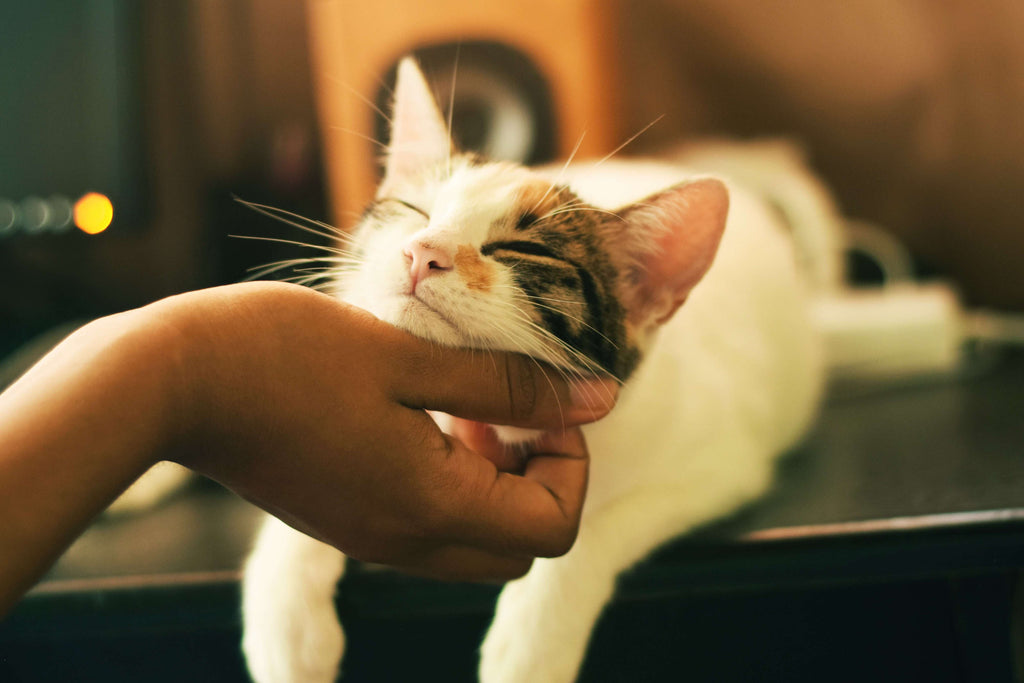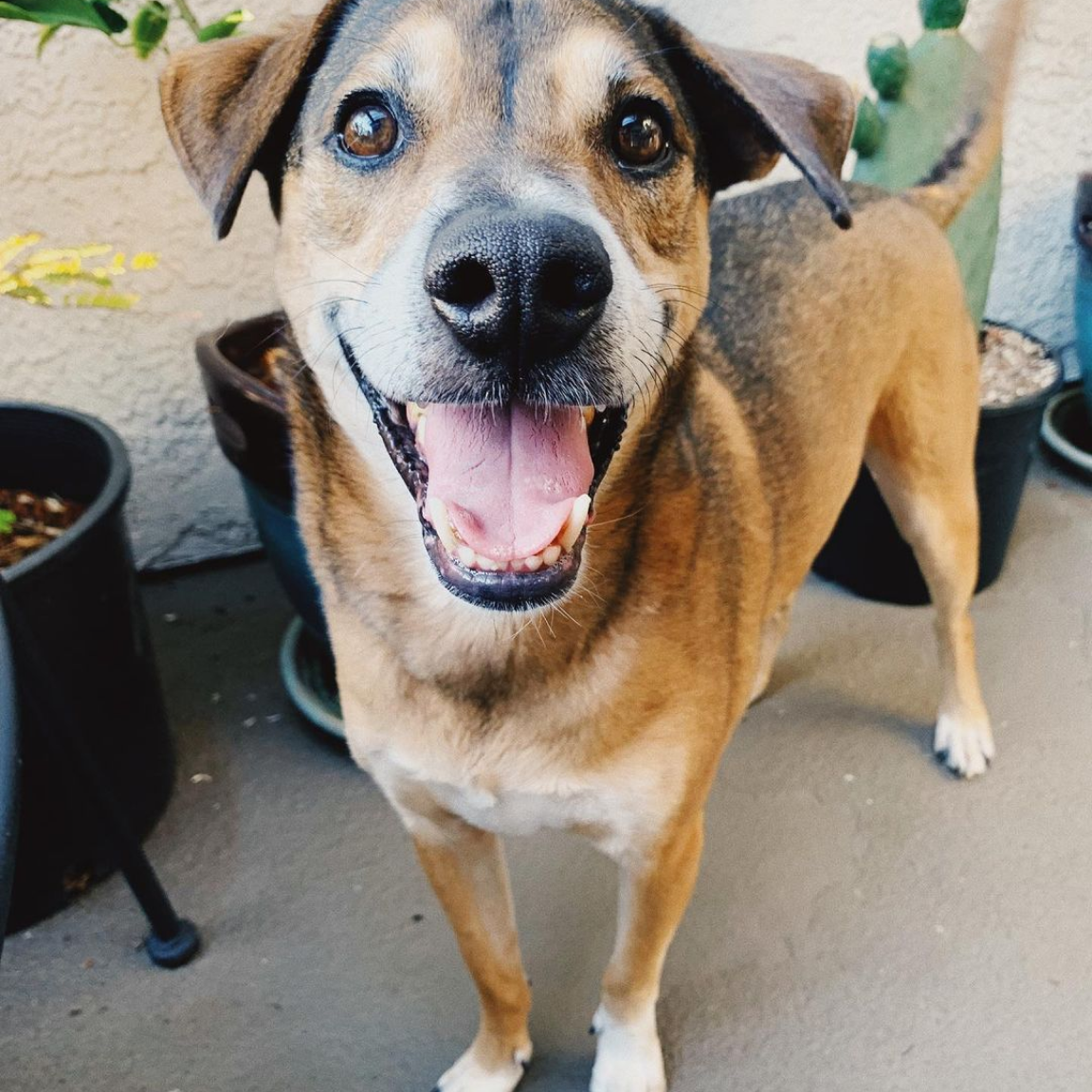
Cats and COVID-19: No Need to Panic Yet
The Study
In the latest study, five 8-month old cats were intranasally inoculated with SARS-CoV-2. Three of the infected cats were placed in separate cages beside an uninfected control cat. This was done to determine if respiratory droplets could spread between the cats and cause infection. The remaining two inoculated cats were kept in separate isolation and euthanized 6 days later for testing. SARS-CoV-2 RNA was found in both cats’ nasal passages, soft palates, tonsils, the trachea of one and small intestine of the other. Notably, neither had viral RNA in their lung tissues. Infectious virus was also present in the nasal passages, tonsils, and soft palates of both cats. On day 3, two of the three other inoculated cats had viral RNA in their feces, and was found in all three by day 5. In one of the three uninfected control cats housed adjacent to an inoculated subject, fecal viral RNA was discovered on day 3. The remaining cats were euthanized on days 11 and 12. All of the SARS-CoV-2 inoculated cats had viral RNA in their nasal passages, soft palates, tonsils, and trachea. The sole control cat with fecal viral RNA was also found to have human coronavirus RNA in its nasal passages, soft palate, tonsils, and trachea, indicating cat-to-cat infection by respiratory droplets was possible. The remaining two control cats had no evidence of SARS-CoV-2.
Conclusions
The scientists also concluded that the amount of human coronavirus virus they measured in the study cats was most likely too low to pose an infectious threat to humans. The researchers also evaluated five 3-month old beagles with two control dogs in a similar manner. Only three of the inoculated dogs showed fecal viral RNA, and none of the dogs had infectious virus in any organ after necropsy. Only two of the study dogs seroconverted to SARS-CoV-2, meaning they produced antibodies against the virus. Overall, these results indicate dogs appear to have low susceptibility to SARS-CoV-2.My View
My interpretation and advice remain unchanged:- Dogs and cats pose, little if any, threat of transmitting COVID-19 to people.
- If someone in your house becomes infected with coronavirus, they should keep isolated from any dogs or cats as much as possible.
- Social distancing applies to our pets, especially during dog walks. Avoid contact with strangers or people potentially exposed to coronavirus.
- After any contact with other people or certainly any exposed or infected person, bathe your pet.
- More frequent bathing is a good idea after walks in areas where other people may have been.
- Keep your cats indoors, eliminating the rare risk of contracting coronavirus when roaming.
- Wash your hands after touching any dog or cat.
Category_Dog Blog
The Vet's Corner






































